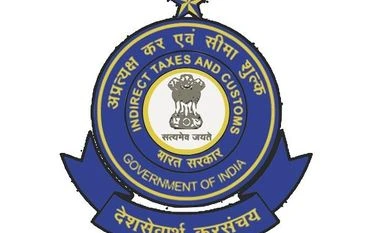E-certificate of origin valid for claiming duty concessions: CBIC
CBIC clarified that electronically generated certificate of origin (CoO) issued by the UAE authority is a valid document for claiming customs duty benefits under India-UAE free trade agreement
)
Central Board of Indirect Taxes and Customs
The Central Board of Indirect Taxes and Customs (CBIC) on Thursday clarified that electronically generated certificate of origin (CoO) issued by the UAE authority is a valid document for claiming customs duty benefits under India-UAE free trade agreement.
However, it said that the certificate has to be issued in a prescribed format bearing electronically printed seal and signatures of the authorised signatory of the issuing authority.
The trade agreement between India and the UAE came into force from May 1 this year. Under this, domestic exporters of over 6,000 goods from sectors like textiles, agriculture, dry fruits, gem and jewellery get duty-free access to the UAE market. On the other hand, India gives duty-free access to 7,694 goods coming from the UAE.
A trader has to submit a 'certificate of origin' at the landing port of the importing country to claim duty concessions under free-trade agreements. This certificate is essential to prove where their goods come from.
In a communication to its field formations, the CBIC said that representations have been received with regard to India-UAE trade deal stating that the importers are facing difficulties in availing preferential tariff benefit on the basis of e-CoO issued by the issuing authority of AUE.
Also Read
The agreement already has provisions for the same.
"In this regard, it is hereby clarified that an e-CoO, issued electronically by the issuing authority of UAE, is a valid document for the purpose of claiming preferential benefit under India-UAE CEPA (comprehensive economic partnership agreement)...," CBIC said.
It added that the specimen seals and signatures, circulated in advance, will continue to be used to verify the genuineness/authenticity of the e-certificate.
(Only the headline and picture of this report may have been reworked by the Business Standard staff; the rest of the content is auto-generated from a syndicated feed.)
More From This Section
Don't miss the most important news and views of the day. Get them on our Telegram channel
First Published: Oct 27 2022 | 8:10 PM IST


